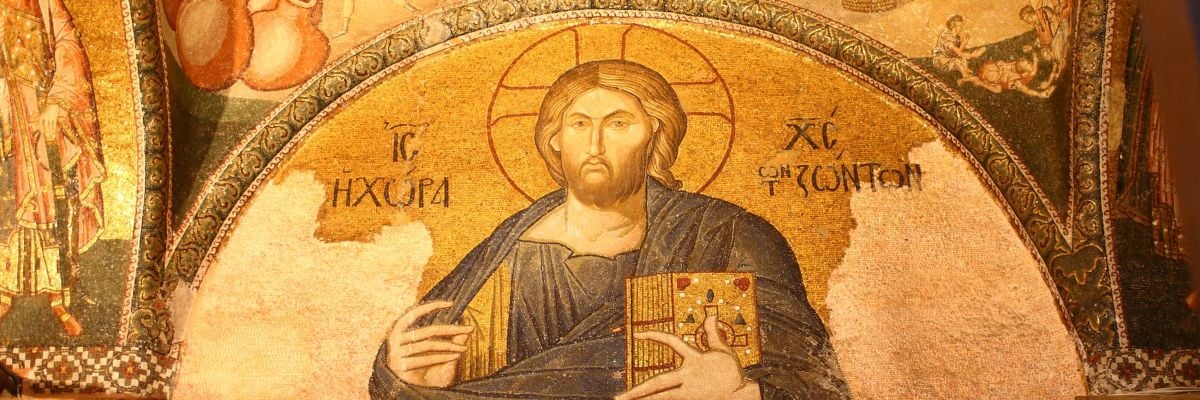
Question:
Answer:
This is a common misunderstanding. Catholics do not worship on the Sabbath, which according to Jewish law is the last day of the week (Saturday), when God rested from all the work he had done in creation (Gen. 2:2-3). Catholics worship on the Lord’s Day, the first day of the week (Sunday, the eighth day); the day when God said “Let there be light” (Gen. 1:3); the day when Christ rose from the dead; the day when the Holy Spirit came upon the Apostles (Day of Pentecost). The Catechism of the Catholic Church says: “The Church celebrates the day of Christ’s Resurrection on the ‘eighth day,’ Sunday, which is rightly called the Lord’s Day” (CCC 2191).
The early Church did not move the Sabbath from Saturday to Sunday. Instead “The Sabbath, which represented the completion of the first creation, has been replaced by Sunday, which recalls the new creation inaugurated by the Resurrection of Christ” (CCC 2190). Sunday is the day Catholics are bound to keep, not Saturday.
We see evidence of this in Scripture:
- On the first day of the week when we gathered to break bread, Paul spoke to them because he was going to leave on the next day, and he kept on speaking until midnight (Acts 20:7).
- On the first day of the week each of you should set aside and save whatever one can afford, so that collections will not be going on when I come (1 Cor. 16:2).
- Let no one, then, pass judgment on you in matters of food and drink or with regard to a festival or new moon or Sabbath (Col. 2:16).
The Catechism also says:
By a tradition handed down from the apostles which took its origin from the very day of Christ’s Resurrection, the Church celebrates the Paschal mystery every seventh day, which day is appropriately called the Lord’s Day or Sunday. The day of Christ’s Resurrection is both the first day of the week, the memorial of the first day of creation, and the “eighth day,” on which Christ after his “rest” on the great Sabbath inaugurates the “day that the Lord has made,” the “day that knows no evening.” (CCC 1166)
Other CCC references to the Lord’s Day: 349, 2174, 2175, 2191
For more on this topic, see our Q&A, “Did Jesus Alter the Commandment about Observing the Sabbath?” and our tract, “Sabbath or Sunday?“


